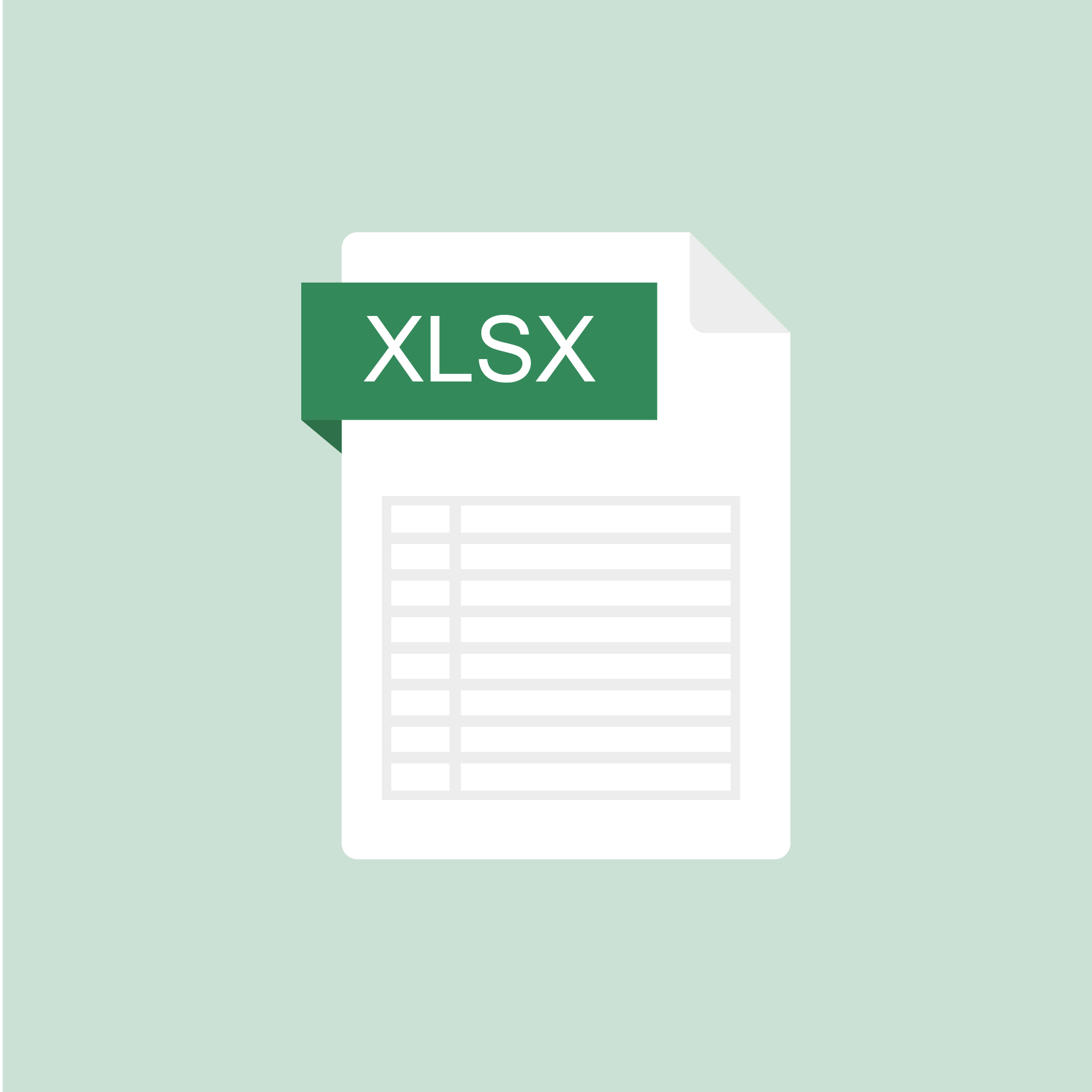Browse
Water, Energy, And The Environment
Smoke test
By:
Anne miller New vijayalaxmi santosh mhetre mali
Thursday, Oct 16, 2025
AGRI-FOOD SYSTEMS
+1
Leave a comment
First, determine how many calories you need in your overall diet The easiest way to determine how ma
First, determine how many calories you need in your overall diet
The easiest way to determine how many calories you need is to weigh yourself at least 3 times a week and record what you eat using a calorie tracking app.
If your weight stays the same throughout the week, the amount of calories you eat is considered your “maintenance” level. You’re not losing or gaining weight but maintaining it.
Aim to increaseTrusted Source your calorie intake by about 15% during your bulking phase. For example, if you eat 3,000 calories daily to maintain weight, you should eat around 3,450 calories daily (3,000 x 0.15 = 450) to bulk.
Decrease your maintenance calories by about 15% to transition from a bulking to a cutting phase. In this example, you would consume 2,550 calories per day instead of 3,450.
Plan to revisit your calorie goals every month to account for changes in your weight. Increase your calories as you gain weight in the bulking phase and decrease your calories as you lose weight in the cutting phase for continued progression.
By:
ken
Tuesday, Oct 14, 2025
AGRI-FOOD SYSTEMS
+1

Leave a comment
First, determine how many calories you need in your overall diet The easiest way to determine how ma
First, determine how many calories you need in your overall diet
The easiest way to determine how many calories you need is to weigh yourself at least 3 times a week and record what you eat using a calorie tracking app.
If your weight stays the same throughout the week, the amount of calories you eat is considered your “maintenance” level. You’re not losing or gaining weight but maintaining it.
Aim to increaseTrusted Source your calorie intake by about 15% during your bulking phase. For example, if you eat 3,000 calories daily to maintain weight, you should eat around 3,450 calories daily (3,000 x 0.15 = 450) to bulk.
Decrease your maintenance calories by about 15% to transition from a bulking to a cutting phase. In this example, you would consume 2,550 calories per day instead of 3,450.
Plan to revisit your calorie goals every month to account for changes in your weight. Increase your calories as you gain weight in the bulking phase and decrease your calories as you lose weight in the cutting phase for continued progression.
By:
ken
Tuesday, Oct 14, 2025
AGRI-FOOD SYSTEMS
+1

Leave a comment
Edited:First, determine how many calories you need in your overall diet The easiest way to determine how many calories you need is to weigh yourself at least 3 times a week and record what you eat using a calorie tracking app. If your weight stays the same throughout the week, the amount of calories you eat is considered your “maintenance” level. You’re not losing or gaining weight but maintaining it. Aim to increaseTrusted Source your calorie intake by about 15% during your bulking phase. For example, if you eat 3,000 calories daily to maintain weight, you should eat around 3,450 calories daily (3,000 x 0.15 = 450) to bulk. Decrease your maintenance calories by about 15% to transition from a bulking to a cutting phase. In this example, you would consume 2,550 calories per day instead of 3,450. Plan to revisit your calorie goals every month to account for changes in your weight. Increase your calories as you gain weight in the bulking phase and decrease your calories as you lose weight in the cutting phase for continued progression.
By:
ken
Tuesday, Oct 14, 2025
AGRI-FOOD SYSTEMS
+1
Leave a comment
Test mobile post test
By:
Chanu
Monday, Sep 29, 2025
HEALTH AND NUTRITION
+1
Leave a comment
Smoke test post from android device through mobile app .....
By:
Anne miller New vijayalaxmi santosh mhetre mali
Monday, Sep 29, 2025
AGRI-FOOD SYSTEMS
+7
Leave a comment
Article with docx file type
When television was young, there was a hugely popular show based on the still popular fictional character of Superman. The opening of that show had a familiar phrase that went, “Look. Up in the sky. It’s a bird. It’s a plane. It’s Superman!” How beloved Superman has become in our culture and the worldwide fascination with extraterrestrials and all things cosmic only emphasizes that there is a deep curiosity in all humans about nature and astronomy, even if many people would not know to call it astronomy.URL: https://brill.com/view/journals/jamh/jamh-overview.xml?contents=editorialcontent-62994
Astronomy is one of the oldest sciences of all time. When archeologists unearth ancient civilizations, even as far back as the cavemen, they invariably find art that shows mans unquenchable fascination with the stars. To this day, you can easily get an animated discussion at any gathering on the topic of “Is there intelligent life on other planets?”
Many have tried to explain mankind’s seeming obsession with outer space as a result of an ancient memory or as part of mankind’s eternal nature. Whatever the cause, people of every age and every nation share this one deep interest, to know more about the universe that our tiny planet is just a part of.
By:
Anne miller New vijayalaxmi santosh mhetre mali
Friday, Sep 26, 2025
AGRI-FOOD SYSTEMS
+1

Leave a comment
Article with xlsx file type
When television was young, there was a hugely popular show based on the still popular fictional character of Superman. The opening of that show had a familiar phrase that went, “Look. Up in the sky. It’s a bird. It’s a plane. It’s Superman!” How beloved Superman has become in our culture and the worldwide fascination with extraterrestrials and all things cosmic only emphasizes that there is a deep curiosity in all humans about nature and astronomy, even if many people would not know to call it astronomy.
Astronomy is one of the oldest sciences of all time. When archeologists unearth ancient civilizations, even as far back as the cavemen, they invariably find art that shows mans unquenchable fascination with the stars. To this day, you can easily get an animated discussion at any gathering on the topic of “Is there intelligent life on other planets?”
Many have tried to explain mankind’s seeming obsession with outer space as a result of an ancient memory or as part of mankind’s eternal nature. Whatever the cause, people of every age and every nation share this one deep interest, to know more about the universe that our tiny planet is just a part of.
By:
Anne miller New vijayalaxmi santosh mhetre mali
Wednesday, Sep 24, 2025
AGRI-FOOD SYSTEMS
+1

Leave a comment
Article with xls file type
When television was young, there was a hugely popular show based on the still popular fictional character of Superman. The opening of that show had a familiar phrase that went, “Look. Up in the sky. It’s a bird. It’s a plane. It’s Superman!” How beloved Superman has become in our culture and the worldwide fascination with extraterrestrials and all things cosmic only emphasizes that there is a deep curiosity in all humans about nature and astronomy, even if many people would not know to call it astronomy.
Astronomy is one of the oldest sciences of all time. When archeologists unearth ancient civilizations, even as far back as the cavemen, they invariably find art that shows mans unquenchable fascination with the stars. To this day, you can easily get an animated discussion at any gathering on the topic of “Is there intelligent life on other planets?” https://brill.com/view/journals/jamh/jamh-overview.xml?contents=editorialcontent-62994
Many have tried to explain mankind’s seeming obsession with outer space as a result of an ancient memory or as part of mankind’s eternal nature. Whatever the cause, people of every age and every nation share this one deep interest, to know more about the universe that our tiny planet is just a part of.
By:
Anne miller New vijayalaxmi santosh mhetre mali
Friday, Sep 26, 2025
AGRI-FOOD SYSTEMS
+1



Leave a comment